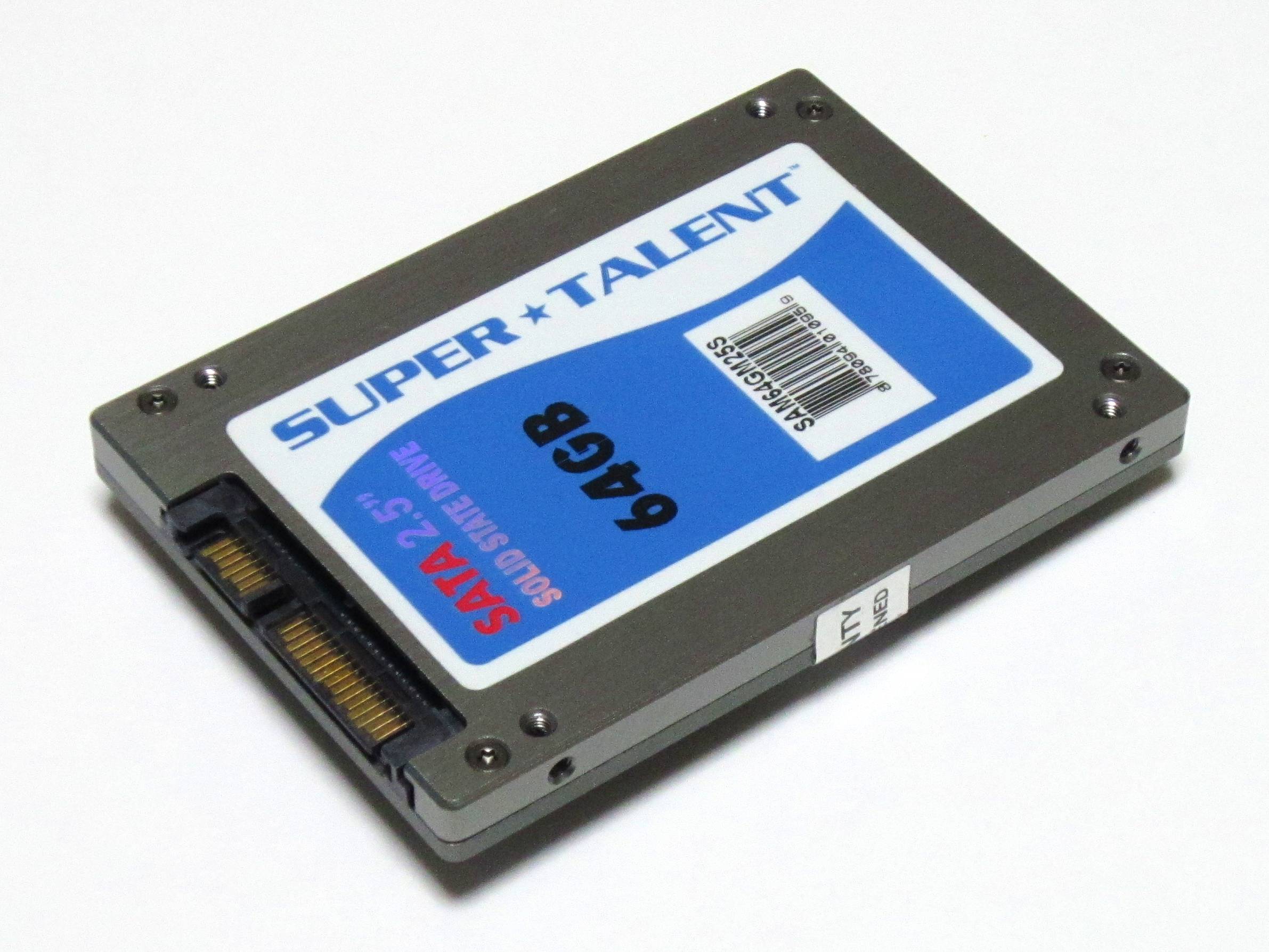VS
You probably know all about hard drives and SSDs. If you don't, it's time to start learning. Hard drives give you more storage space for your data, while SSDs allow you to haste your loading of content so you don't have to wait too long for a video or document. Here's everything you need to know about hard drives and SSDs in order to make the best decision for yourPC.
How to Choose the Right Hard Drive or SSD.
A hard drive is a type of storage device that stores data on a physical medium. Hard drives are found in desktop computers, laptop computers, tablets, and other personal computing devices. A SSD is also a type of storage device that can be used in personal computers, laptop computers, and other mobile devices. SSDs are often faster than hard drives because they rely less on spinning disks to store data.
Which Hard Drive or SSD is the Right Choice for You
When it comes to choosing an SSD for your computer, it’s important to consider which type of computer you want to use it in and how much data you plan on storing on the drive. Some people opt for SSDs specifically because they’re faster than hard drives and can hold more data. Other people choose hard drives because they need more space and prefer stability over speed when storing their files.
How to Choose the Right Size for Your Hard Drive or SSD
When choosing the right size for your hard drive or SSD, it’s important to factor in how much data you plan on storing as well as how big your computer will be when it arrives. If you want an SSD that can fit on any desktop computer or laptop, go with an 8GB model rather than a 256GB model. If you plan on using your hard drive mainly for photos and videos, go with a 2TB model instead of 4TB models. Finally, if you have large files that won’t fit onto smaller drives or Nonexistent Drives (ODFs), then go with a 3TB model rather than the default 5TB option.
How to Improve the Performance of Your Hard Drive or SSD.
To improve the speed of your hard drive or SSD, you can try to increase its capacity. Try increasing the number of disks in your drive, or installing a more powerful processor and storage device. Additionally, you can optimize your hard drive or SSD for maximum performance by adjusting its settings such as how much data is stored on each disk, how fast it reads and writes data, and whether it uses Cache (a technique used by some processors to improve the performance of certain applications).
Improve the Capacity of Your Hard Drive or SSD
To increase the capacity of your hard drive or SSD, you can try to install more disks on it. You can also try adding new storage devices to your computer—like a external hard drive or a solid-state drive (SSD)—to increase the available space on your machine. Additionally, you can use software that will automatically resize or add disks to your hard drive or SSD if they’re not currently displaying their full size on your screen.
Optimize Your Hard Drive or SSD for Maximum Performance
One last way to improve the performance of your hard drive or SSD is by using optimization tools. These tools help you optimize certain settings on your computer so that they are more efficient in reading and writing data, which will in turn result in an increased speed and storage space for your files.
How to Use Hard Drive or SSDs for the Best Performance.
When choosing a hard drive or SSD, you need to take into consideration the environment in which it will be used. For example, if you plan on using your hard drive and SSD in a office setting, make sure the area is quiet and free of any noise-generating devices. Additionally, make sure that the hard drive or SSD is compatible with your computer's motherboard and drivers.
Use Hard Drive or SSDs to Improve Your Workflow
By optimizing your hard drive or SSD for storage efficiency, you can improve your workflow by reducing the time it takes to load and store files. To do this, you may want to consider disabling caching features on your hard drive or SSD, installing faster storage drives (like an SSD), or using software that supports RAID 5 (a technology that lets multiple drives be combined into one).
Optimize Your Hard Drive or SSD for Storage Efficiency
By optimized for storage efficiency, your hard drive or SSD can also be used to store more data than before. To maximize this potential, you may want to consider purchasing a larger capacity hard drive or SSD, using programs like WD My Passport External HDD to increase data space on a desktop computer,or using an external external HDD as a secondary storage option for documents and files not stored on your computer main memory.
Conclusion
Hard Drive or SSDs are an important part of any computer. By choosing the right size and improving performance, you can improve your computer's overall performance. Additionally, using hard drives or SSDs in the correct environment can help you work more efficiently. Finally, optimizing your hard drive or SSD for storage efficiency can make your computer run faster and save you time.




0 Comments